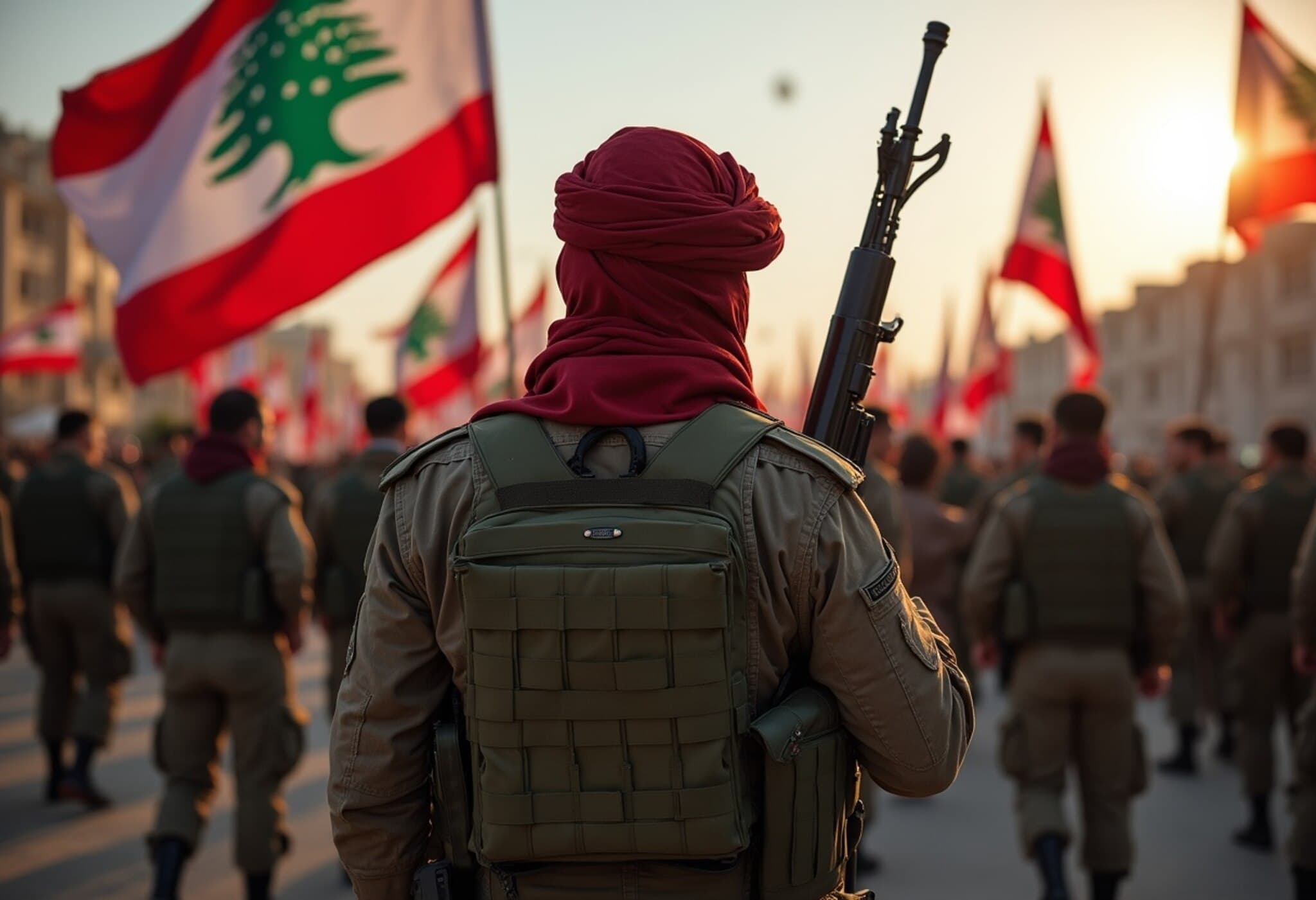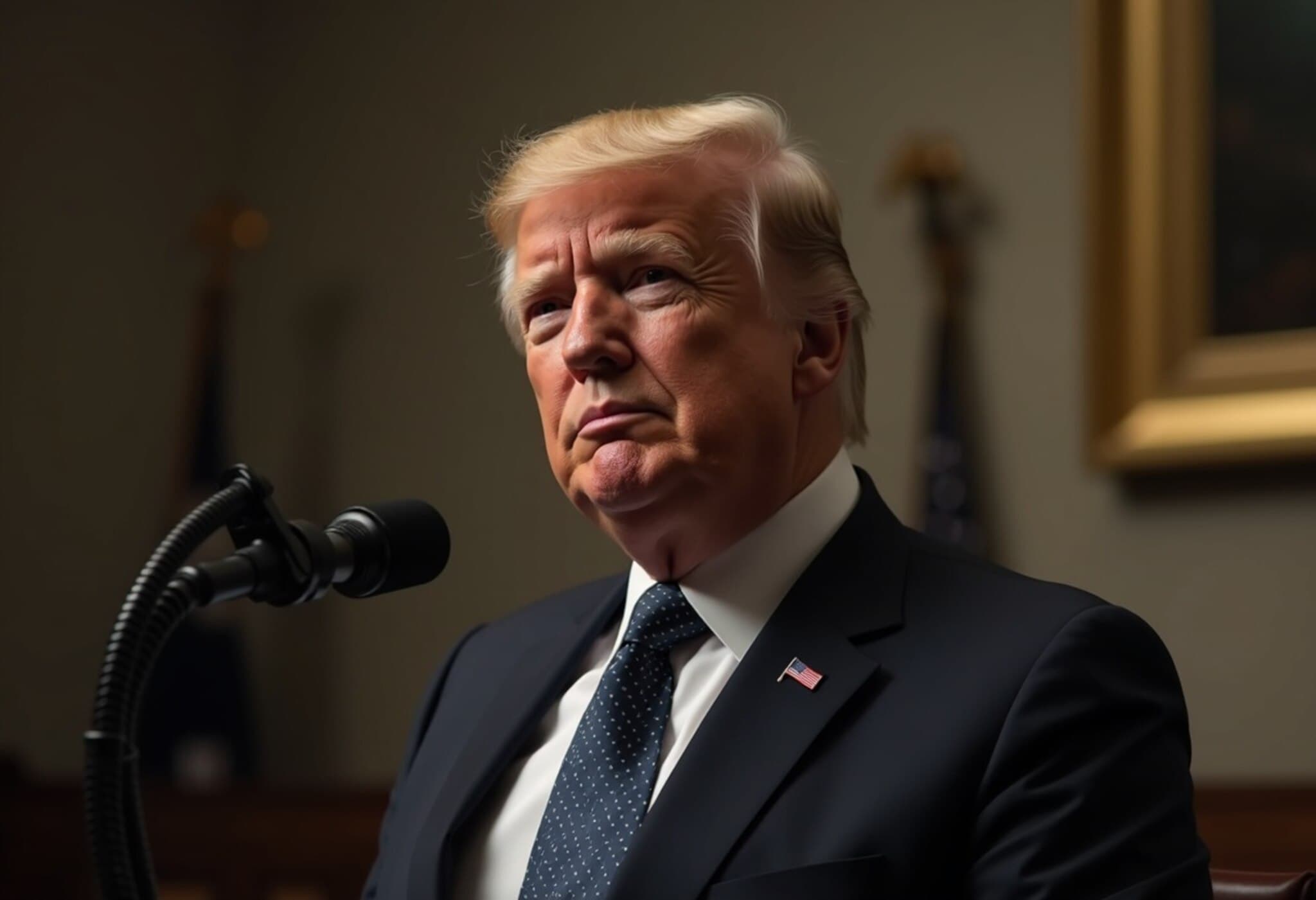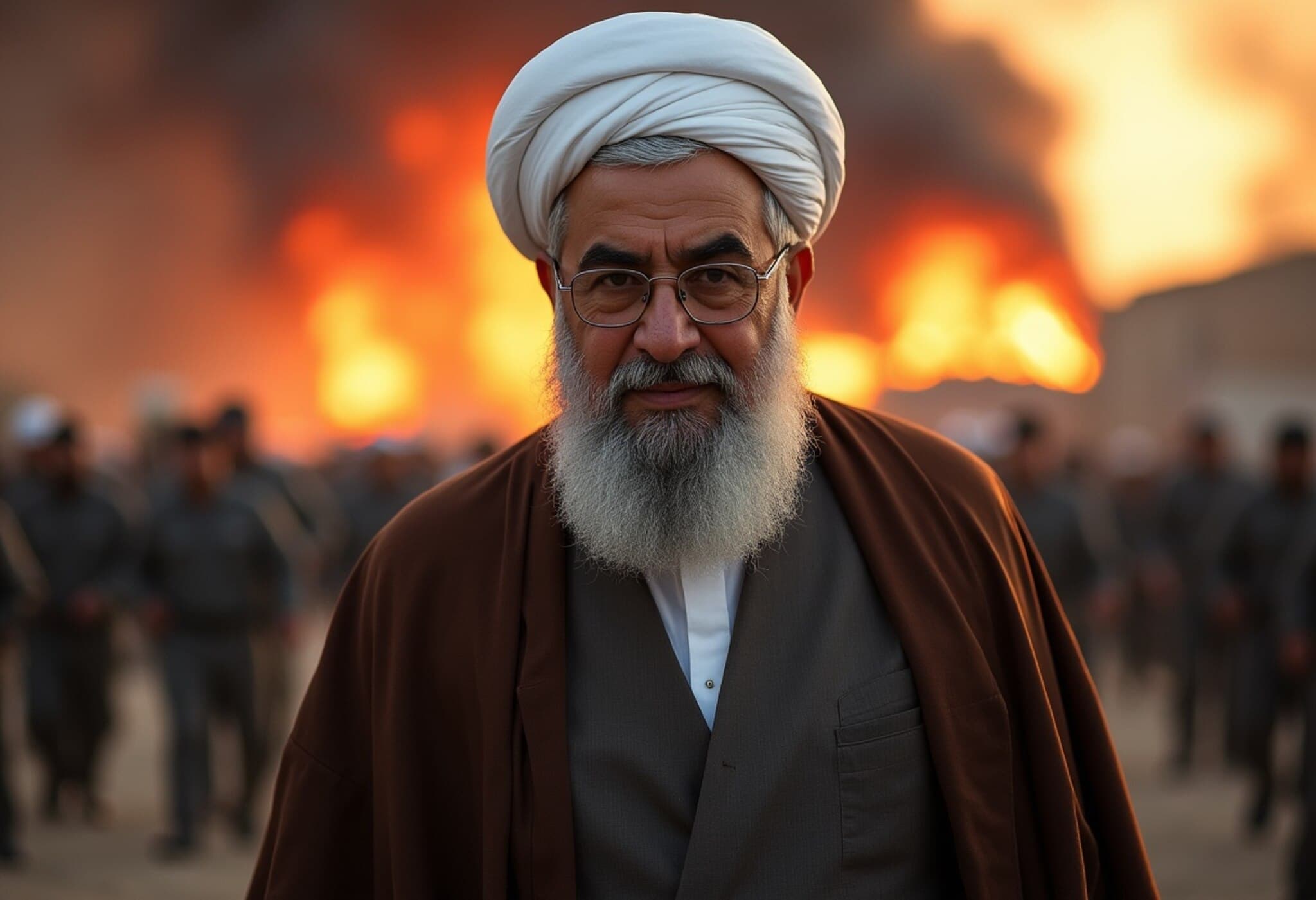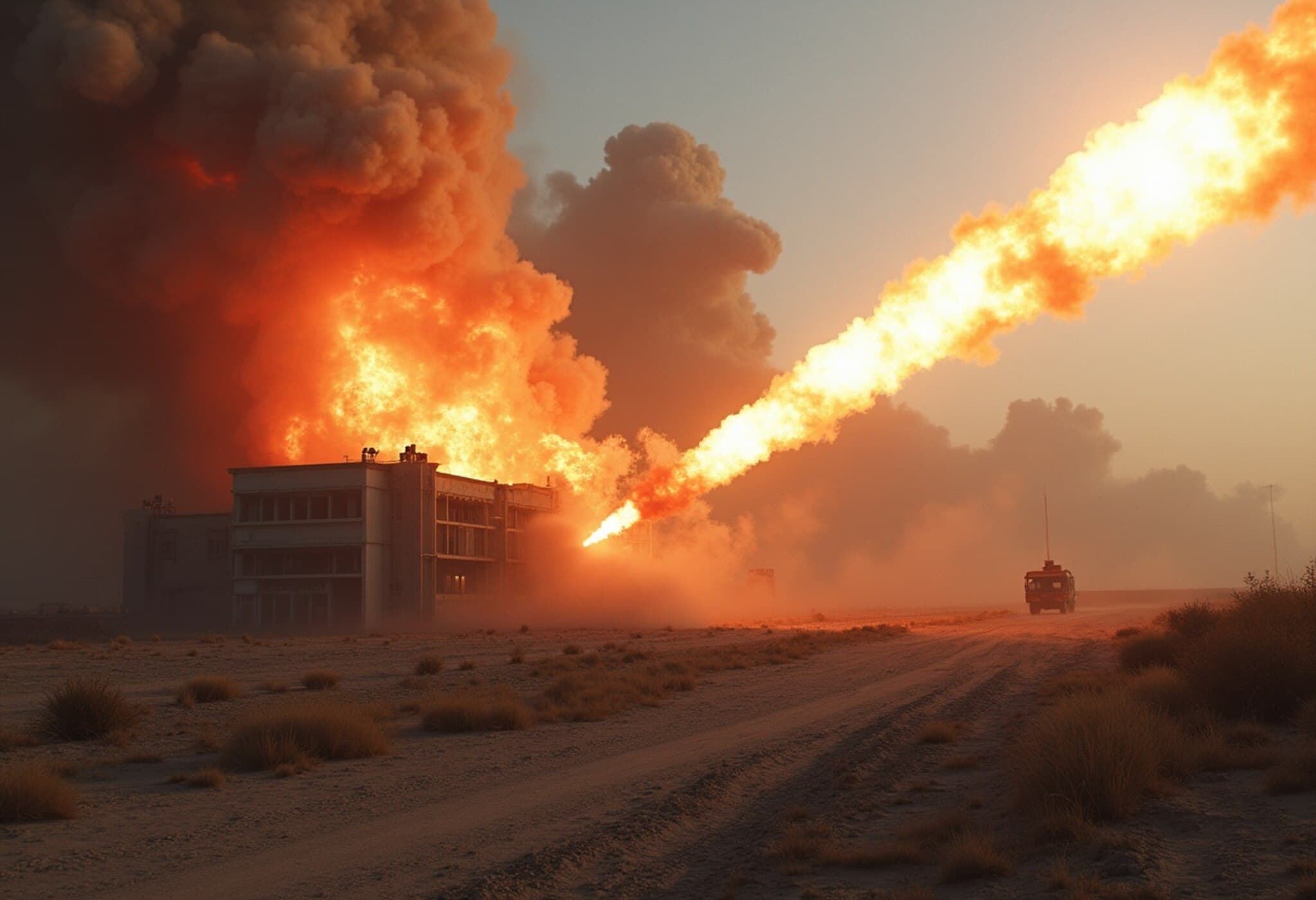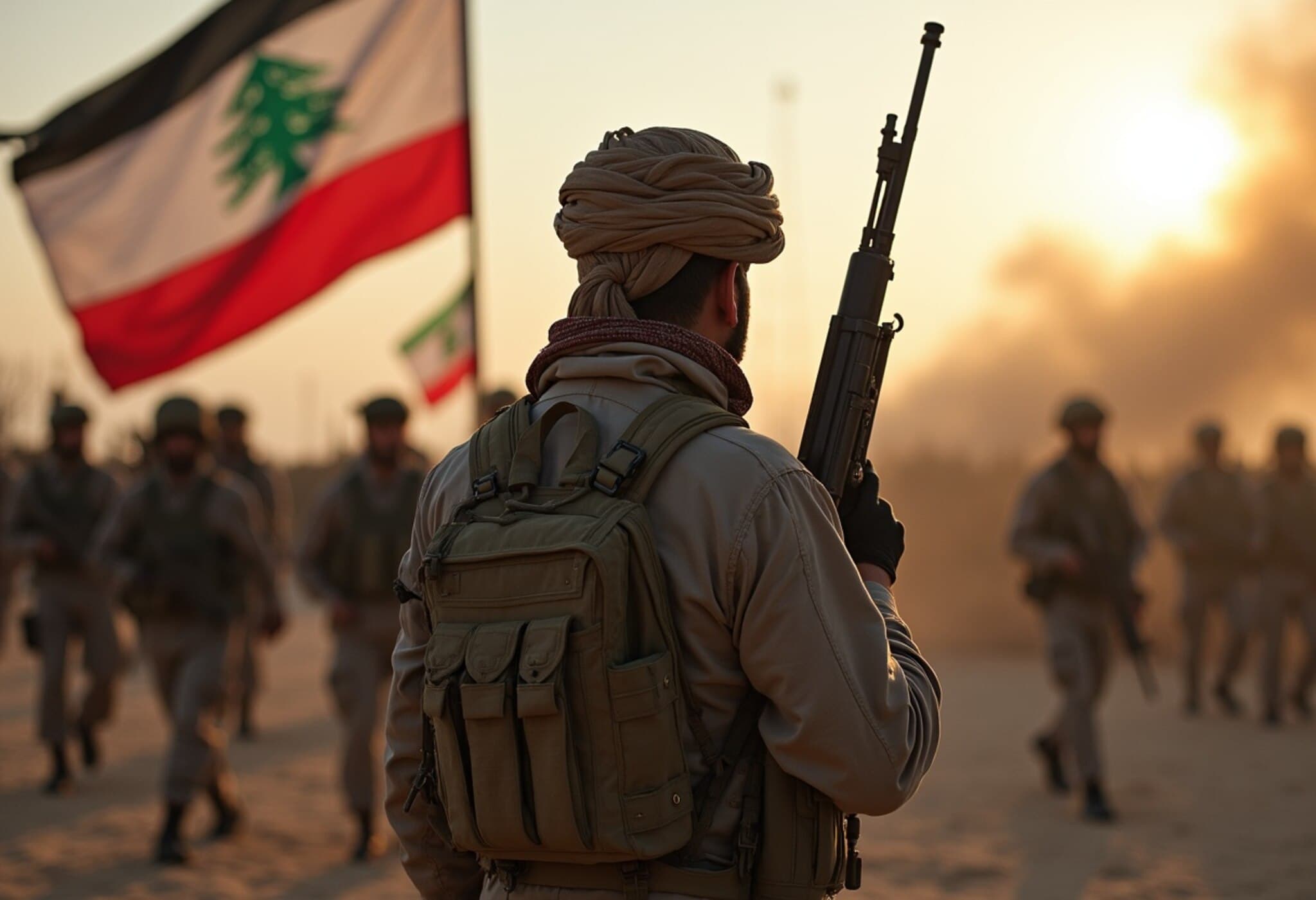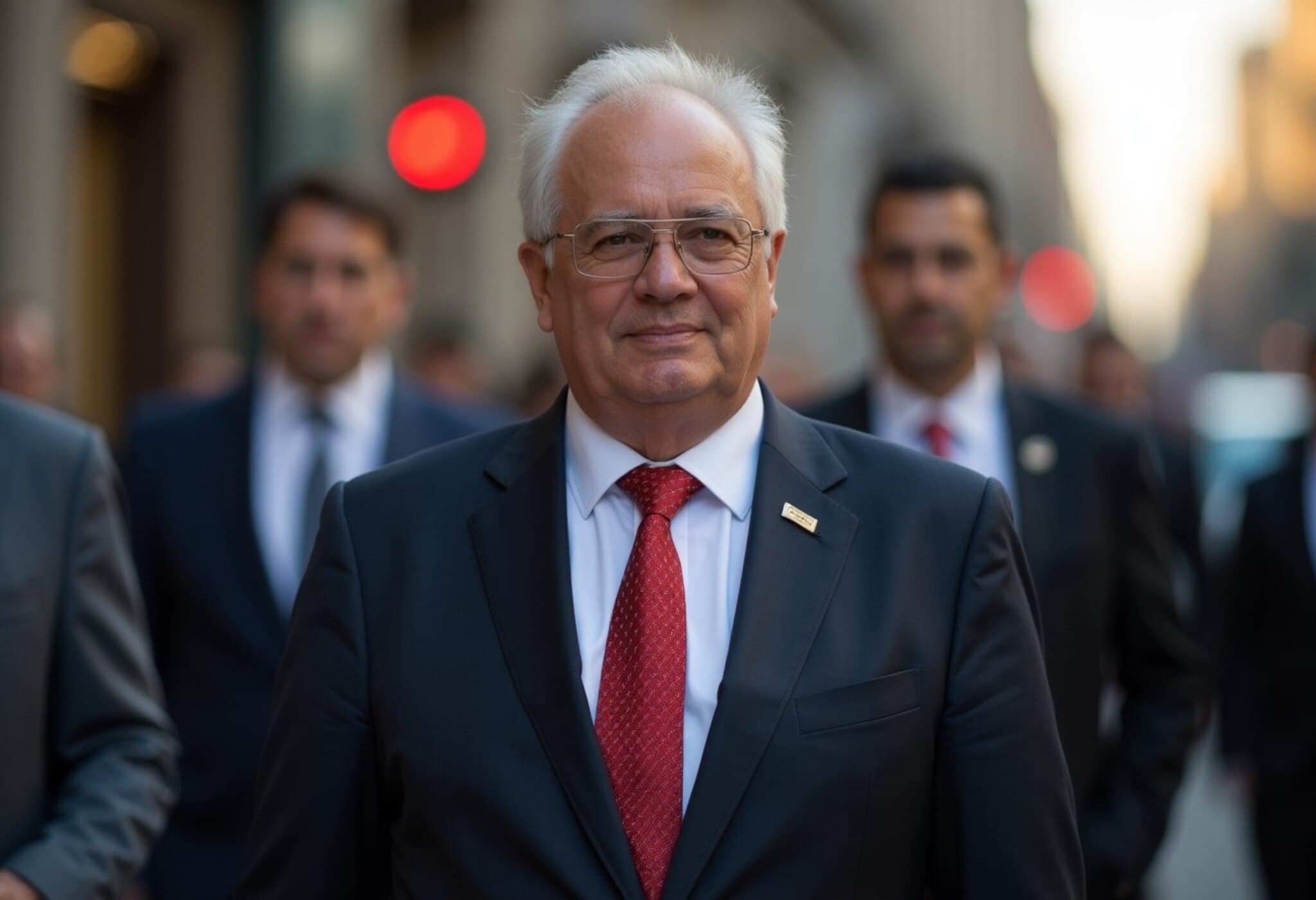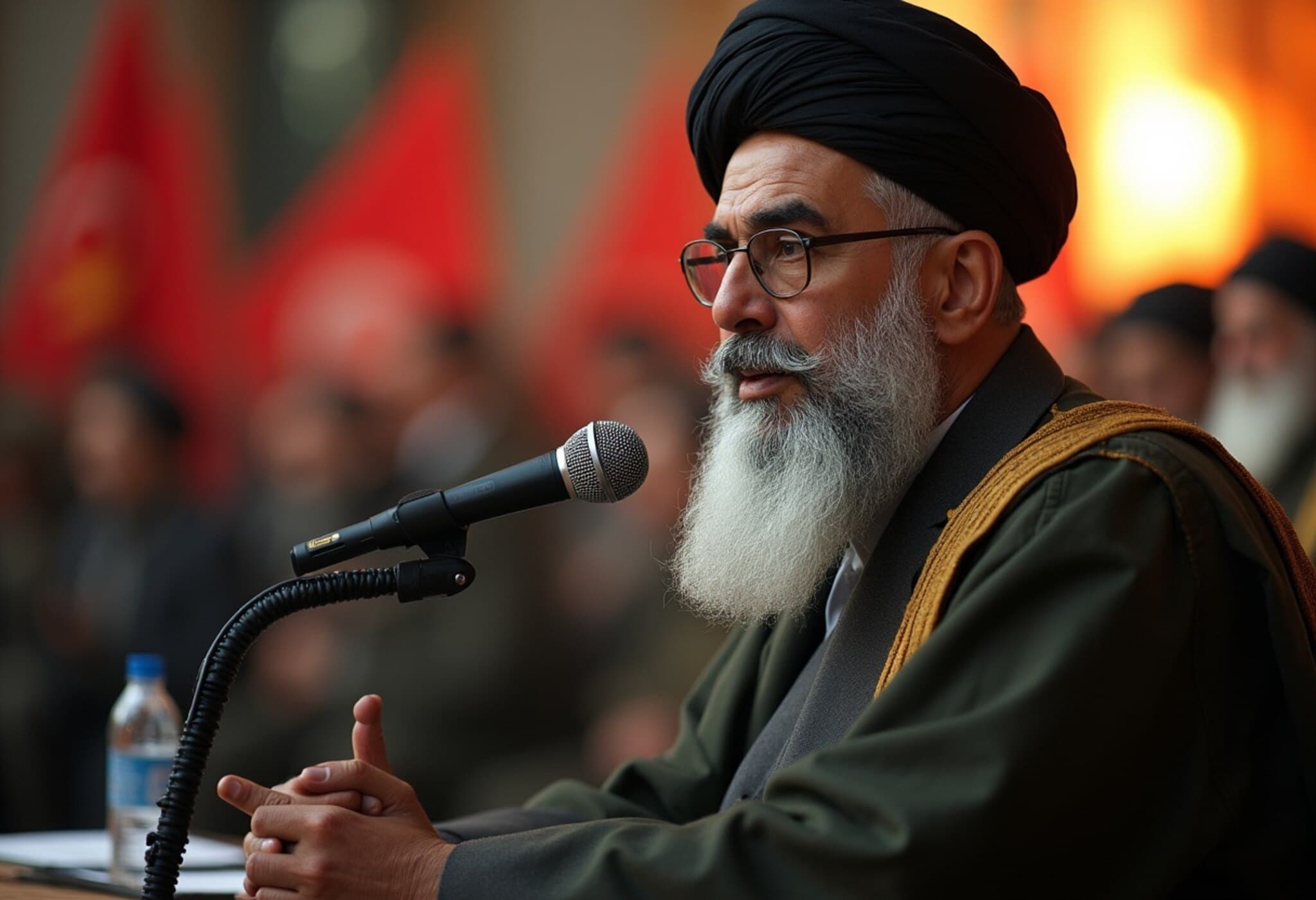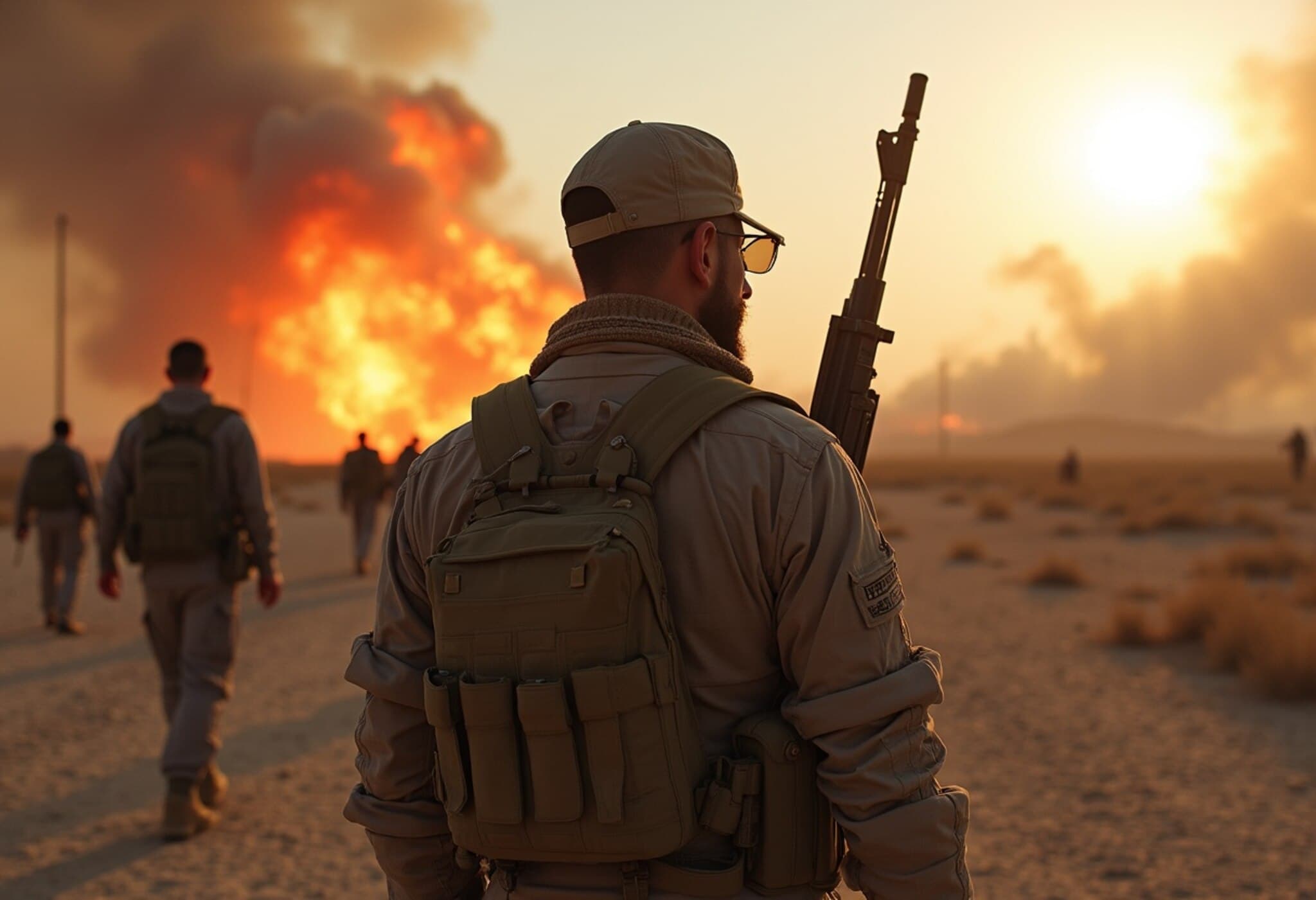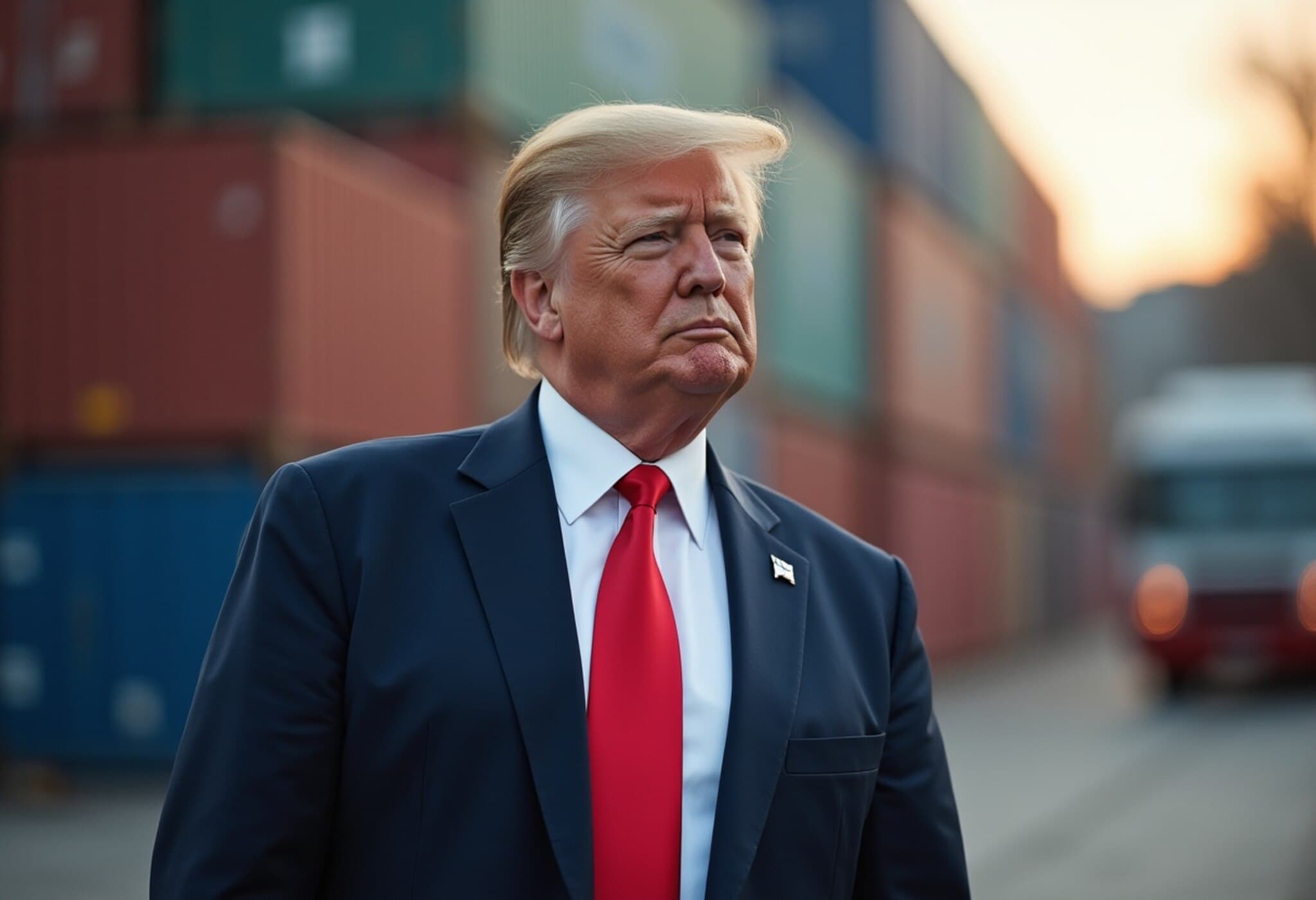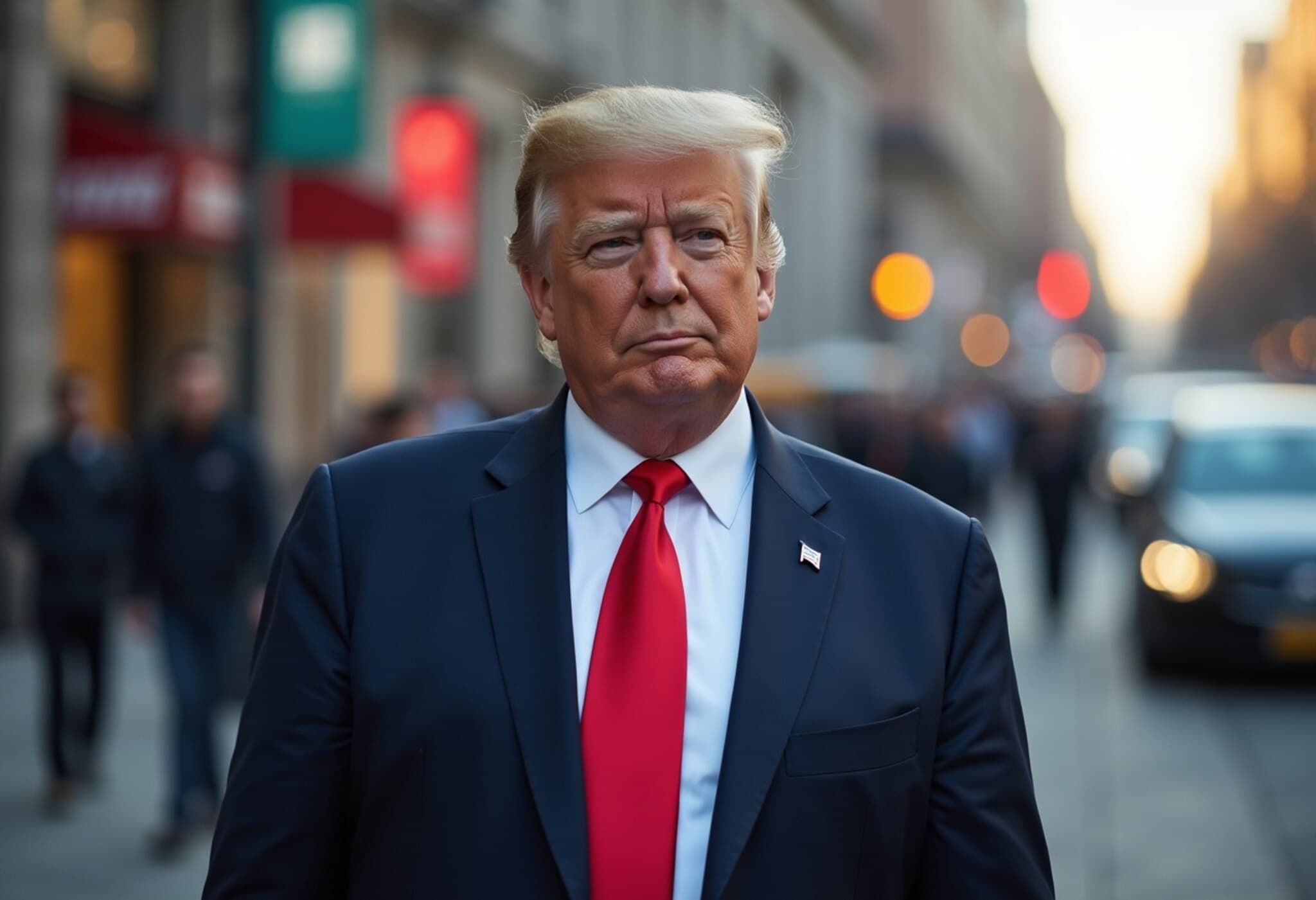Lebanon’s Resolute Stance Against Armed Non-State Actors
In a bold move reflecting deep concerns about national sovereignty and security, Lebanon has intensified its campaign to disarm Hezbollah and other non-state actors brandishing automatic weapons. This effort underscores the Lebanese government’s steadfast position that the monopoly on arms must reside solely with the state, dismissing parallel armed factions that threaten to destabilize the fragile political landscape.
The Context: Post-War and Ceasefire Dynamics
Following the 2024 war between Lebanon’s Hezbollah and Israel, which ended with a US-mediated ceasefire in November of that year, Lebanon finds itself at a critical crossroads. Significant damage to Hezbollah’s military capabilities, including the loss of key leaders and destruction of arms caches, has emboldened the government to press for disarmament. The ceasefire agreement explicitly calls for all armed militias to disarm, reinforcing Lebanon’s sovereignty and the rule of law.
Government Pressure and Arrests
Prime Minister Nawaf Salam has taken a firm stand with directives to arrest individuals seen openly carrying automatic weapons at recent Shiite religious gatherings in Beirut. Videos circulating online showed men chanting the name of Imam Hussein bin Ali while wielding military-grade weaponry. Observers widely interpret these men as Hezbollah affiliates, and Salam made it clear that such armed displays are unacceptable and illegal in Lebanon’s capital.
Parliamentary Voices Demand Action
- Ghassan Hasbani, an MP and former deputy prime minister, urged lawmakers and security forces to enforce existing laws decisively by confiscating unauthorized weapons and prosecuting offenders.
- Ibrahim Mneimneh, also an MP, called for immediate judicial intervention to arrest those identifiable in weapon-wielding videos, stressing that Lebanon cannot tolerate armed factions flaunting their power.
Underlying US Concerns and Regional Implications
The United States maintains a wary eye on Hezbollah’s influence within Lebanese politics. US officials have explicitly drawn a ‘red line’ prohibiting Hezbollah from gaining seats in the Lebanese government. In a bid to stem Hezbollah’s financial resources, heightened security measures at Beirut airport target passengers arriving from Iraq, interrupting suspected monetary flows to the group.
The Broader Geopolitical Picture
This Lebanese disarmament push unfolds amid persistent tensions across the Middle East. International attention also remains focused on the Israeli-Palestinian conflict. Notably, France is set to formally recognize Palestinian statehood at the upcoming United Nations General Assembly, a move welcomed by Palestinians but criticized by both Israel and the United States, highlighting the complex interplay of regional diplomacy.
What This Means for Lebanon’s Future
Lebanon’s commitment to disarm Hezbollah and enforce state control over arms signals an ambition to restore governmental authority and fortify national stability. However, the challenge remains immense given Hezbollah’s entrenched social and political standing. Whether the government’s crackdown will recalibrate Lebanon’s power dynamics or spark further discord is a question that policymakers and citizens alike grapple with.
Key Questions Moving Forward:
- Can Lebanon effectively enforce a monopoly on arms without sparking civil unrest?
- What role will international actors play in supporting Lebanon’s sovereignty while managing regional sensitivities?
- How might Hezbollah’s political influence transform in response to these pressures?

